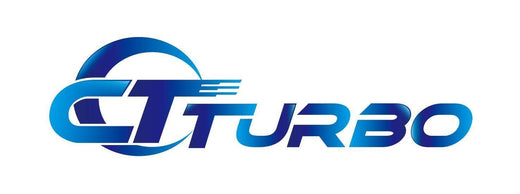
A turbocharger can be damaged by excessive back pressure due to the following reasons:
- Stress on Turbine: Excessive back pressure puts additional stress on the turbine side of the turbocharger. The turbine has to work harder against the resistance created by high pressure in the exhaust system, leading to potential damage.
- Reduced Exhaust Flow: High back pressure can restrict the flow of exhaust gases through the turbocharger. This can cause the turbine to spin slower than intended, affecting boost levels and efficiency.
- Increased Heat: Excessive back pressure can trap heat in the exhaust system, raising the temperature of the turbine housing and components. This can lead to overheating and thermal stress on the turbocharger.
- Bearing Damage: Increased back pressure can create additional load on the turbocharger bearings, potentially leading to wear, reduced lubrication, and premature failure.
- Turbocharger Surge: Excessive back pressure can contribute to compressor surge, a condition where the turbocharger produces boost that the engine cannot handle. Surge can cause noise, vibration, and damage to the turbocharger's compressor.
- Exhaust Leaks and Damage: High back pressure can cause exhaust leaks and stress on other components of the exhaust system, leading to potential damage and inefficiency.
- Incompatibility with Other Components: Excessive back pressure can disrupt the balance and performance of other components in the engine and exhaust system, potentially causing further damage.
To prevent damage from excessive back pressure, ensure that the exhaust system is free of blockages and restrictions. Regularly inspect the exhaust system for signs of damage, and ensure that it is properly matched to your turbocharger and engine for optimal performance and longevity.
